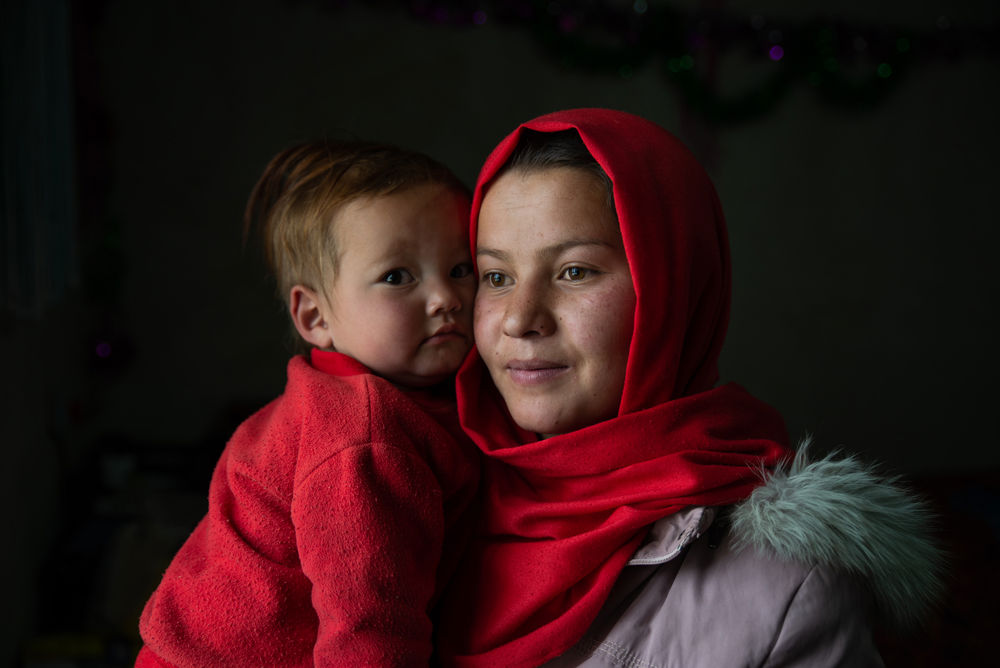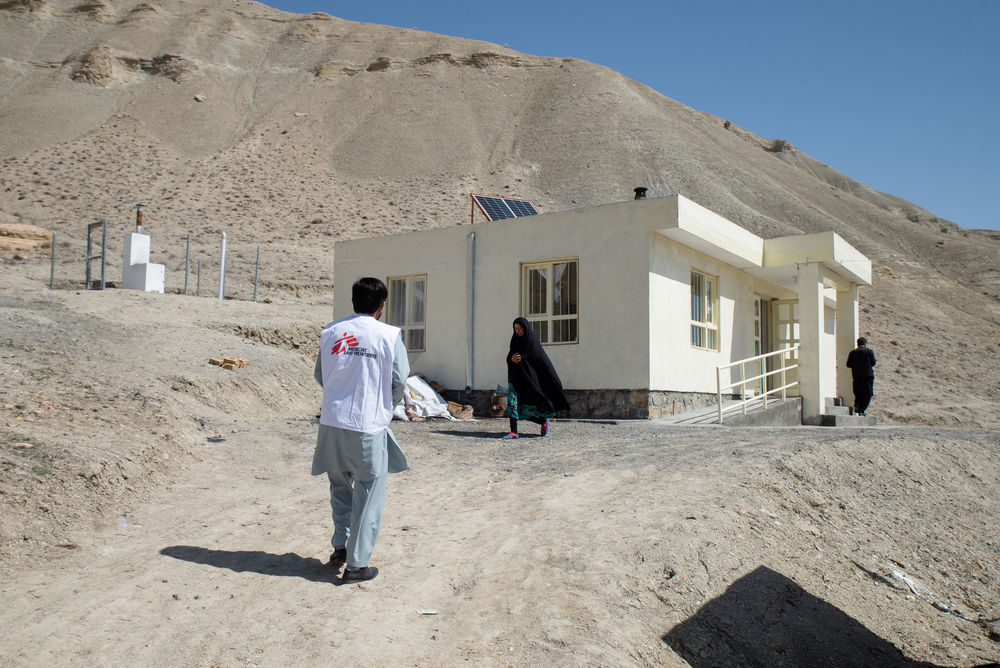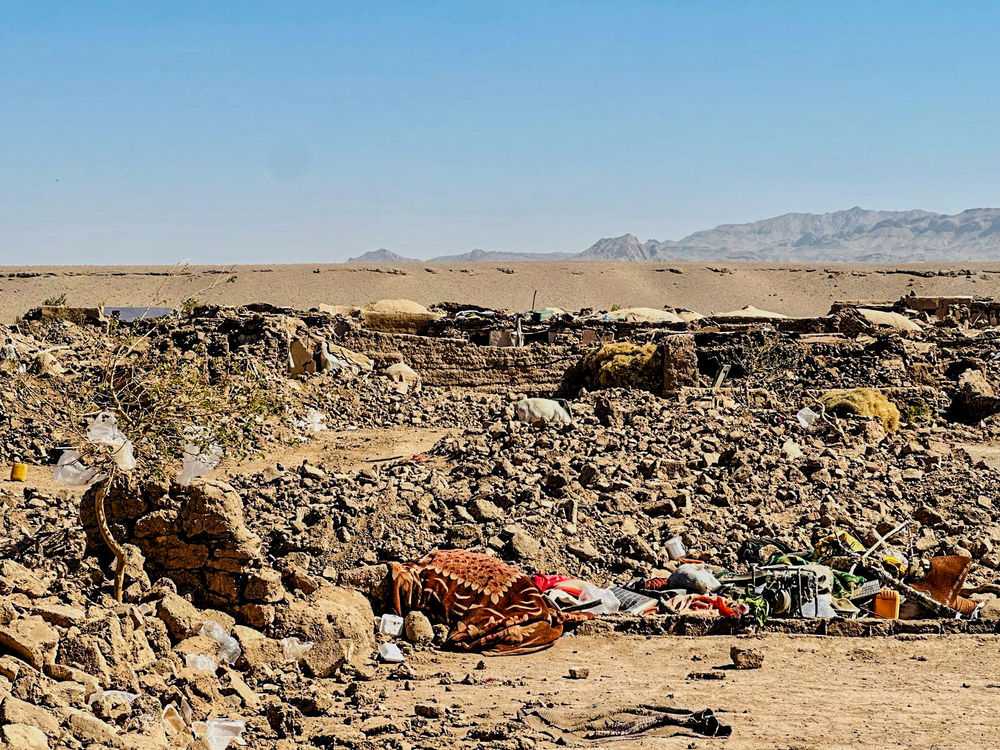After more than 40 years of consecutive armed conflicts, natural disasters and epidemics, including a COVID-19 pandemic, Afghans today face a new phase in a never-ending humanitarian crisis with staggering economic, political, and social problems.
When the Islamic Emirate of Afghanistan (IEA), also known as the Taliban, entered Kabul on 15 August 2021, foreign development funding was cut overnight. Afghan assets held in the U.S. and other foreign countries were frozen and many international organisations left the country. Since then, pressure has been steadily building on an already undersized, over-burdened public health system, making it increasingly difficult for people to access healthcare.
The situation is particularly difficult for those living in rural areas, where lack of primary medical infrastructure remains commonplace, and patients must travel long distances for treatments. Trips many of them struggle to afford.
Women experience even more barriers than men, mainly due to additional limitations placed on their freedom of movement and the increasing restrictions on their ability to work and study. In Bamyan, a province in central Afghanistan whose terrain is over 90 percent mountainous and where most people live in small, remote villages, it is estimated that in 2022 over 40 percent of new mothers delivered their babies at home without professional assistance.
 Naqiba, 19 years old, delivered her second child in one of the MSF-supported health facilities in Bamyan. “When my first son was born, my mother-in-law had to pay 6,000 AFG (about HKD550) so that we could travel to Bamyan provincial Hospital. Now, we can finally get care closer to home for free,” she says. © Nava Jamshidi
Naqiba, 19 years old, delivered her second child in one of the MSF-supported health facilities in Bamyan. “When my first son was born, my mother-in-law had to pay 6,000 AFG (about HKD550) so that we could travel to Bamyan provincial Hospital. Now, we can finally get care closer to home for free,” she says. © Nava Jamshidi
That is why in 2023 MSF opened eight new health facilities in Bamyan. Our teams in the region have so far provided over 1,200 antenatal and postnatal consultations, more than 3,400 paediatric consultations, screened nearly 2,000 children for malnutrition and referred 75 patients to Bamyan provincial hospital for the treatment of more complicated health issues. Further extension of MSF services in the region is planned for second half of 2023.
 The MSF health clinic in Band-e-Amir, a remote district in Bamyan Province, Afghanistan. In 2023, our teams opened eight such clinics in remotes areas of Bamyan in order to provide reproductive, maternal, neonatal and child quality health care in collaboration with local communities. © Nava Jamshidi
The MSF health clinic in Band-e-Amir, a remote district in Bamyan Province, Afghanistan. In 2023, our teams opened eight such clinics in remotes areas of Bamyan in order to provide reproductive, maternal, neonatal and child quality health care in collaboration with local communities. © Nava Jamshidi
MSF started working in Afghanistan in 1980 and currently maintains a strong focus on providing secondary healthcare, which includes specialized or advanced services in hospitals, such as surgical and trauma care, drug-resistant TB treatment, maternal and obstetric care, hospital-based treatment of severe acute malnutrition and pediatric care.
MSF works in seven provinces with about 3,000 staff, including over 100 international staff. Overall, 40% of MSF staff are women. Among medical and paramedical staff, 51% are women. It would not be possible for MSF to provide quality medical care without female staff. Since the edict banning women from working with NGOs MSF has continued all medical programs and has not changed any aspect of how we are working. Women continue to work in all locations and functions.



